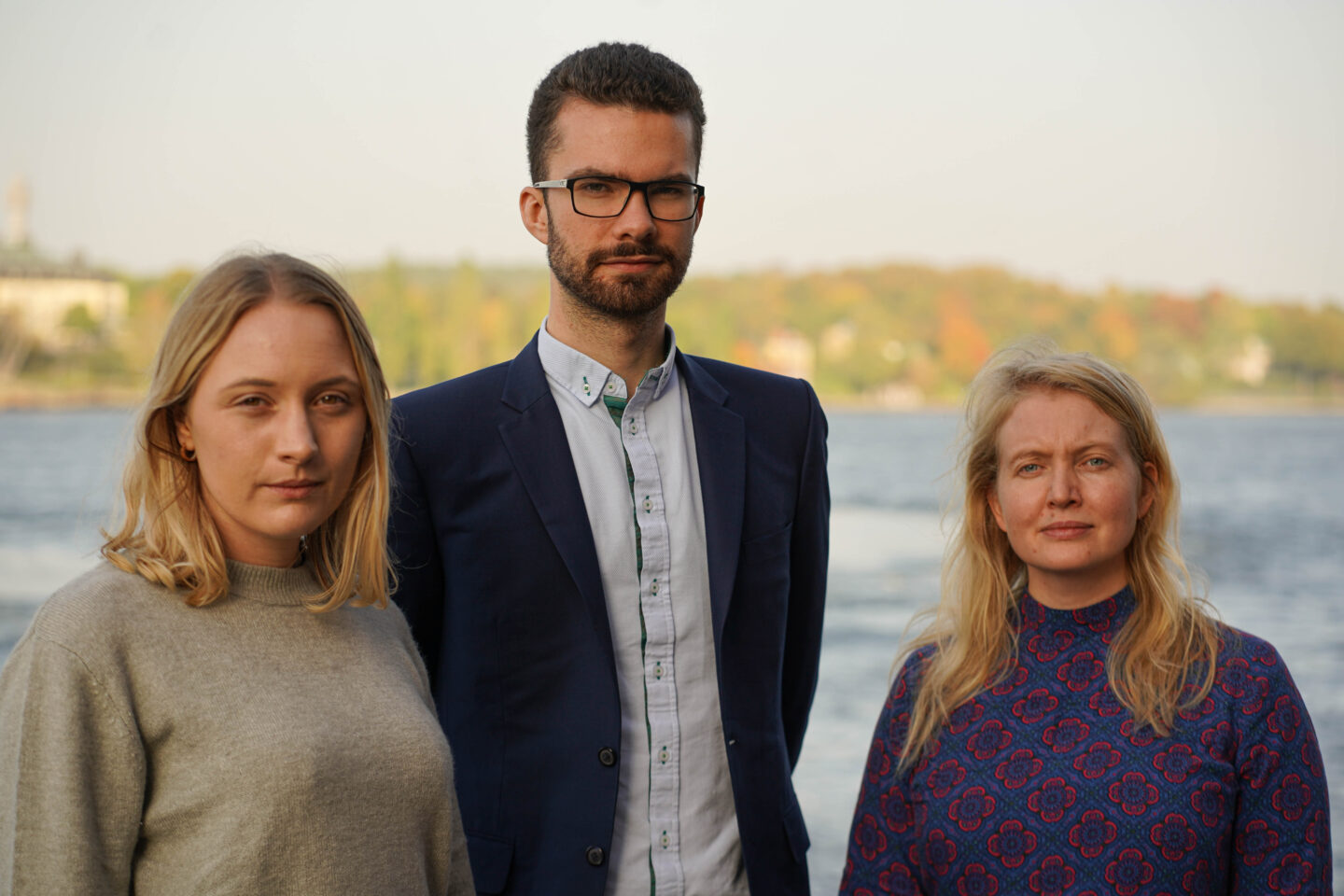DEBATE, the article was published in Curie 6 / 10-2020. Read the article on tidningencurie.se here
Research and education go hand in hand. Education needs to be included in the research bill. Then we can raise the quality of both operations and thereby make Sweden an even stronger industrial, welfare and knowledge nation. It writes Swedish National Union of Students ahead of the government's forthcoming research bill.
After the university policy debate has recently been concerned with the issue of the university entrance exam and the impact of the corona pandemic on higher education, it is now time to take a step back and think long-term. Research and higher education are connected in many ways, and if we create downpipes, it risks hampering both activities. It is therefore very important that education is not forgotten in the research and innovation bill.
Do not forget STRUT
It has now been more than a year and a half since the Control and Resources Inquiry (STRUT) presented its final report. Our hope is to see many of the proposals in the research bill, even though we would rather have seen a coherent higher education policy bill. In particular, we want to highlight the importance of abolishing or reducing the importance of year-round performance and an overall or more flexible allocation for research and education.
Year-round achievements do the students a disservice. What would lead to teachers spending more time helping students complete their courses does not work in practice. When the appropriations per student are constantly decreasing, it rather leads to reduced requirements. Reduced requirements in turn lead to lower educational support for students, which creates a vicious circle. This risks becoming particularly common during the pandemic, with more students, larger productivity deductions and a lack of saved performance from previous years. Full-year achievements also counteract broadened recruitment, as higher education institutions receive financial incentives to attract those who come from home with a study habit.
In order for higher education to continue to maintain a high standard, we demand that the system of full-year performance be removed or given a greatly reduced significance.
In STRUT, a joint grant is proposed for research and education. These activities are related and how teachers and researchers dispose of their time should be determined by the higher education institutions' own control systems, not by politicians. Some politicians have expressed a fear that one activity risks eating up the other at certain universities. This risk must definitely be followed up, but on the whole we see that the benefits outweigh. A collective grant also enables more collaboration with the surrounding society. During a crisis like the one we are now in, this is more important than ever. We therefore want to see a comprehensive or at least a more flexible grant for higher education and research.
Link research applications to higher education
Many institutions and teachers rely on funds from state research councils to go around. At present, there is no given connection to higher education in the projects that these research councils grant. One consequence of this is that many research projects run out of sand instead of being incorporated into the education and then transferred to the surrounding society via the students. It will be a short-term view of research.
We want to see that all applications must account for how the intended project or its results can be linked to an education. Furthermore, pedagogical qualifications should be taken into account when deciding who should be allocated project funding. This is a quality issue for both research and higher education.
Dimensioning of postgraduate education
We are very concerned about the statistics that UKÄ presented earlier this year which show that the number of admissions to the country's doctoral programs continues to fall. This is despite significantly more students in undergraduate education and more research resources in the last 20 years.
Since 1999, the number of registered doctoral students per registered undergraduate student has decreased by about 30 percent. Since 1999, the number of registered doctoral students per inflation-adjusted krona for research and postgraduate education has decreased by about 40 percent. Since 2006, the proportion of the population who started a doctoral program at the latest at the age of 30 has decreased by 60 per cent (from 1,7 per cent to 0,7 per cent) (UKÄ statistics database 2020). We do not know exactly why this is happening, but changed employment conditions and a short-term focus on recruiting postdoctoral fellows and professors have been highlighted as possible reasons.
The lack of doctoral graduates is already a major problem in both the humanities and teacher education. There is a great risk that it will spread to other areas of education if the trend does not reverse. We expect the forthcoming bill to address this and come up with proposals and measures to achieve a trend break.
In summary, we see that much can be done to strengthen the link between research and education. This will raise the quality of the entire university's operations and in the long run contribute to Sweden becoming an even stronger industrial, welfare and knowledge nation.
Simon Edström, chairman of SFS
Linn Svärd, vice chairman of SFS
Pil Maria Saugmann, chair of the SFS doctoral student committee
